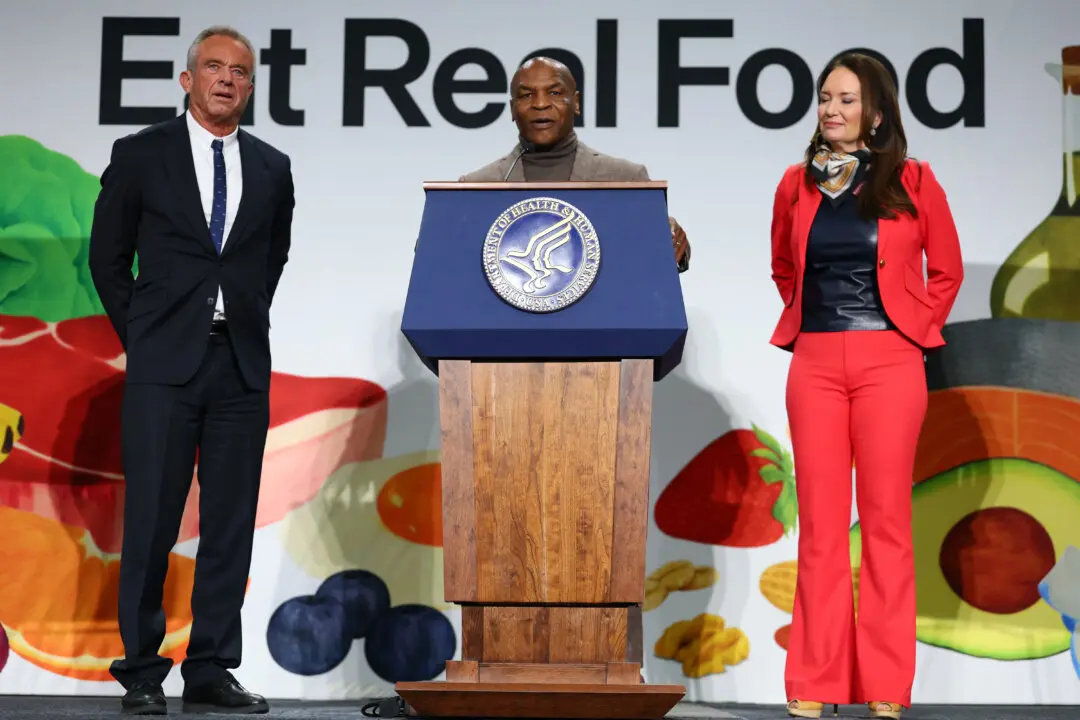Commentary
Some years ago, some economists came up with an idea that became briefly fashionable. The idea is that gift-giving is inefficient. That’s because it’s unlikely that the gift given to the recipient would have been as high up on his utility scale as some other item that could have been purchased for the same amount of money. Therefore, resources are being wasted, and you’re thus far better off giving money than objects.





